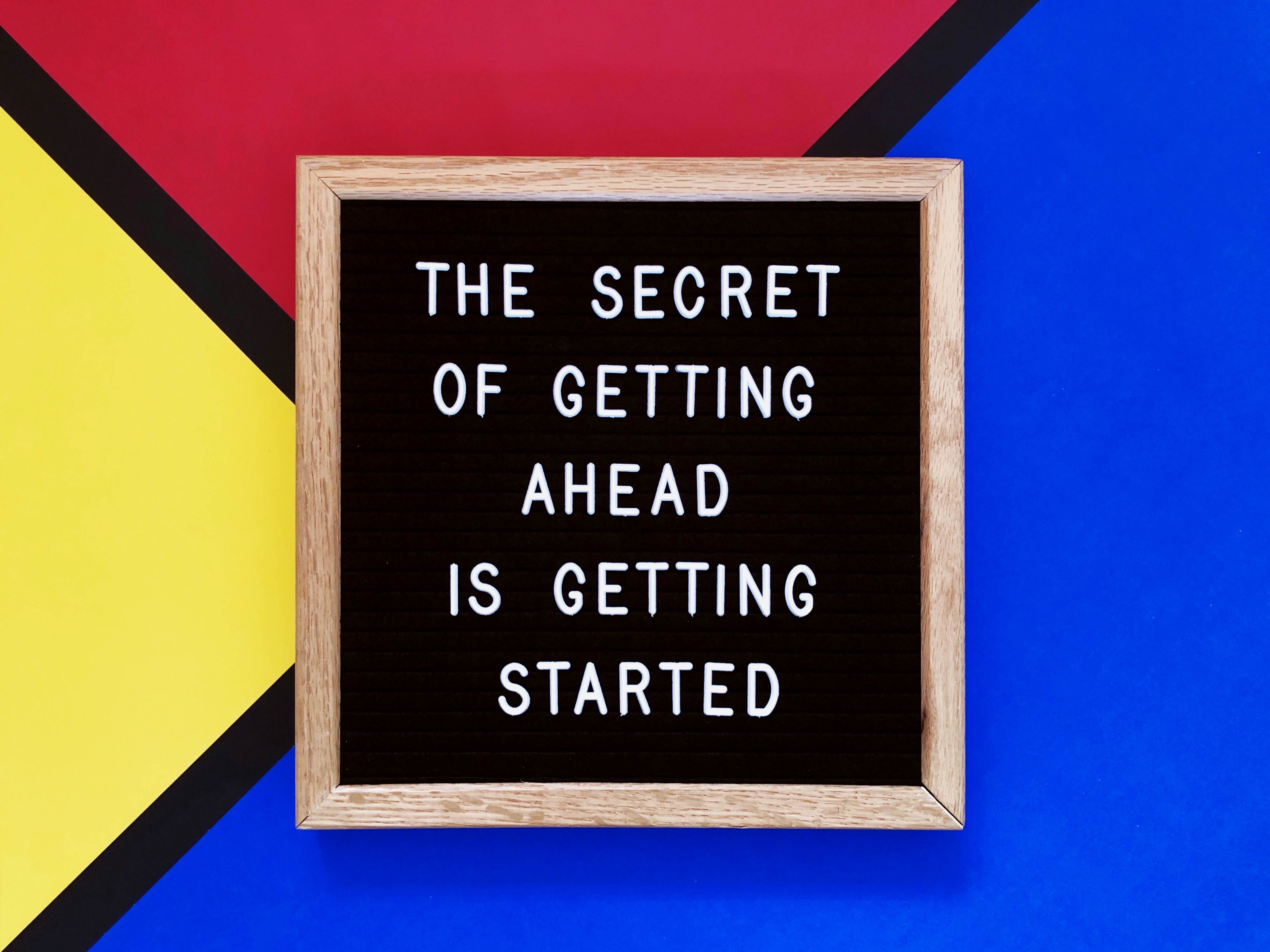If you follow me at all on social media, then you know that my life partner, Jack Daly, has had a few health challenges lately. And those health challenges have allowed us to see firsthand, up close and personal, the effect of a doctor’s bedside manner.
While we were in Miami a few weeks ago, Jack started to have terrible, wrenching pain in his lower back. So bad that he could not lay down to sleep. So, at 4:00am in the morning, he woke me up and asked me to take him to the emergency room in Miami. Fortunately, Mercy Hospital was only a couple of miles away and when we arrived, there were only two or three other patients in the emergency room. I commented to the nurses that it seemed so quiet – all they did was smile and said it was quite a contrast to months before at the peak of COVID.
Dr. Salinas was the doctor on duty. After monitoring Jack, and assessing his pain, they ended up having to give him morphine. They did a CAT scan, to rule out a kidney stone. Just as we thought Jack was going to get discharged, Dr. Salinas walked back into the room and said, “I am concerned and saw something that doesn’t look right, and I want to run another test. If you were a member of my family, this is what I would do.” I was stunned. And then Jack commented, “That makes perfect sense to me since it is in alignment with what you have written on the wall!” Jack was referring to their mission statement which was posted on the wall of each patient room:
Our Patient Promise: We are committed to excellence always in every action, every patient, every time. We treat you like you are family.
It’s one thing to have a mission statement, but it’s another to embrace it. And Dr. Salinas’ personal care and concern that morning was amazing to watch. Admittedly, because it was a quiet morning in the E.R., we probably got a bit more attention, but it was refreshing to experience a doctor who was not rushed and demonstrated genuine care and concern.
(By the way, Jack’s back is fine. All three doctors he saw in the following weeks said he was probably exercising too much! Jack is a 15-time Ironman and is preparing to run Marathon #100 in Athens, Greece this December, so there is no stopping his training schedule).
Jack’s current health challenge is the recurrence of Melanoma (skin cancer). Last year he had a growth removed from the top of his head and has been all clear since then. But about 6 weeks ago he found a lump on his neck. So back to the cancer surgeon and lots of tests. The melanoma has NOT spread and was completely contained in his lymph node. So he was referred to an Oncologist who would be treating him with the miracle drug, Keytruda, for a year.
I decided to go with Jack to his first appointment with the Oncologist, as I had many questions. Of course, the waiting two weeks for the appointment was quite stressful for both of us.
As we waited in the patient room, a person with a white coat came in. She seemed quite shy, kept her eyes down, and never made eye contact with us. She did not introduce herself, but did mention she was there to do a pre-exam before the Oncologist came in. Frankly, her introverted manner did not give us a lot of confidence. That’s when I noticed that she wasn’t Dr. Valerin (the Oncologist we were there to see). Turns out she was a resident who was doing her residency under Dr. Valerin’s direction. The resident left the room as quickly and quietly as she entered.
A few minutes later Dr. Valerin came in. She greeted Jack, shook his hand, made eye contact, and smiled. She was positive, energetic and emphasized the positivity of the treatment plan. She let Jack know that she had collaborated with Jack’s surgeon just a few minutes earlier and explained in detail what the treatment plan was. Due to Jack’s busy travel schedule, I watched the two of them negotiate the frequency of his treatments. She was flexible (moving the infusion treatments from every 3 weeks, to every 6 weeks), but realistically detailed potential side effects.
And then she asked if we had any questions. Of course, I had about a dozen questions, which she patiently answered. Just before she was getting ready to leave the room, I had to comment.
I said, “Dr. Valerin, your approach was so different from the doctor that came in earlier. I’m so glad you are the one treating Jack.” She said, “Well, that was a resident and I would love your feedback as we train doctor’s here, and the only way we can make them world-class doctors is to give them feedback.” So, Jack and I shared our observations and she was most appreciative.
And that’s when I realized – we had witnessed the difference a doctors’ bedside manner can make. Dr. Salinas and Dr. Valerin both took a personal interest in their patient, made eye contact, and conversed with Jack so the assessment and treatment plan were well explained. I watched how Jack relaxed and had 100% confidence in his treatment plan, partially due to the way the doctor approached him.
Have you noticed this when you visit a doctor, go to the emergency room or have a procedure? When the doctor and nursing team take a personal interest in your well-being, and communicate openly and thoroughly, how you instantly feel better and your blood pressure goes down? Perhaps medical schools all over will start teaching classes on interpersonal communication and a link will be discovered linking kindness and care with faster recovery.
And that made me reflect on how I interact and how my team here at Frieda’s interacts with others. For example, one of our employees had a recurring payroll issue this week. As I watched the emails go back and forth, I decided to go talk with the employee in person. I looked her straight in the eye, apologized for the issues she was experiencing, and assured her it would be resolved. But I did ask her for her patience….and trust. She looked me back directly in the eye and said, “I trust you.”
And how about with customers and business associates? Do we sometimes avoid the big objections and concerns vs. acknowledging them directly? Are we so concerned with hearing ourselves talk, or defending our position, that we don’t really listen for the real pain point? I think if more of us paid attention to our own “bedside” manner, that we would have better working relationships, faster solutions, and less stress.
By the way, in case you are wondering, after Jack’s first infusion of Keytruda, we joked that it must be like kryptonite! It seems that Jack is back to his “superman” self and has started training for his upcoming three marathons. Dr. Valerin could not find the lump on his neck. We figure his positive attitude is already curing him.
Yes, a doctor’s bedside manner can make a difference!
Karen





